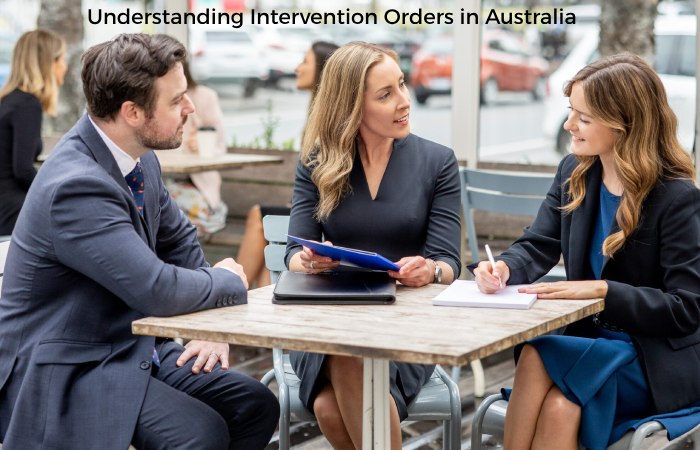Intervention orders are legal mechanisms designed to protect individuals from various forms of harm or abuse. In Australia, understanding these orders is crucial for safeguarding personal safety and navigating legal proceedings effectively. Pearsons Lawyers, a leading legal firm in Australia, offers invaluable insights into the complexities of intervention orders law, ensuring individuals comprehend their rights and options.
Imagine feeling threatened or unsafe in your own home, workplace, or community. Intervention orders serve as a shield against such distress, empowering individuals to seek legal protection and reclaim their sense of security. Let’s delve into the intricate landscape of intervention orders law in Australia, guided by Pearson’s Lawyers’ expertise.
Intervention orders, also known as restraining orders or apprehended violence orders (AVOs) in some jurisdictions, aim to prevent harassment, intimidation, or violence against individuals. These orders can be obtained by victims or concerned parties to restrict the actions of the alleged perpetrator. In Australia, each state and territory has its legislation governing intervention orders, reflecting nuances in definitions, procedures, and enforcement.

Understanding Intervention Orders in Australia
In Australia, intervention orders are like rules to help keep people safe. They’re made by a court to stop someone from hurting or bothering another person. If someone breaks these rules, they can get in trouble. It’s important to talk to an intervention order lawyer if you’re involved in one. They can explain what to do and help you understand your rights. So, if you ever need help with intervention orders in Australia, don’t hesitate to reach out to an intervention order lawyer.
Types of Intervention Orders
In Australia, there are different types of intervention orders to help keep people safe. These orders include family violence intervention orders, personal safety intervention orders, and workplace intervention orders. They are like rules set by the court to stop someone from harming or harassing others. These orders can be important in protecting people from danger and making sure everyone feels safe.
Family Violence Intervention Orders
These orders are designed to protect individuals, including children, from family violence. Family violence encompasses physical, emotional, psychological, financial, or sexual abuse within a family or domestic relationship.
Personal Safety Intervention Orders
Issued to protect individuals from non-family members who pose a threat to their safety, personal well-being, or property. These orders are commonly sought in cases of stalking, harassment, or intimidation.
Stalking Intervention Orders
Specifically tailored to address instances of stalking behaviour, these orders offer protection against unwanted surveillance, following, or communication that instils fear or apprehension in the victim.
Conclusion
In conclusion, understanding Intervention Orders Law in Australia can seem tricky, but with help from Pearsons Lawyers, it becomes clearer. Remember, intervention orders are there to keep people safe from harm. If someone feels unsafe because of another person’s actions, they can ask the court for an intervention order. This helps stop the behavior and protect everyone involved. So, if you’re ever in a situation where you need legal advice about intervention orders, don’t hesitate to reach out to Pearsons Lawyers for guidance.





